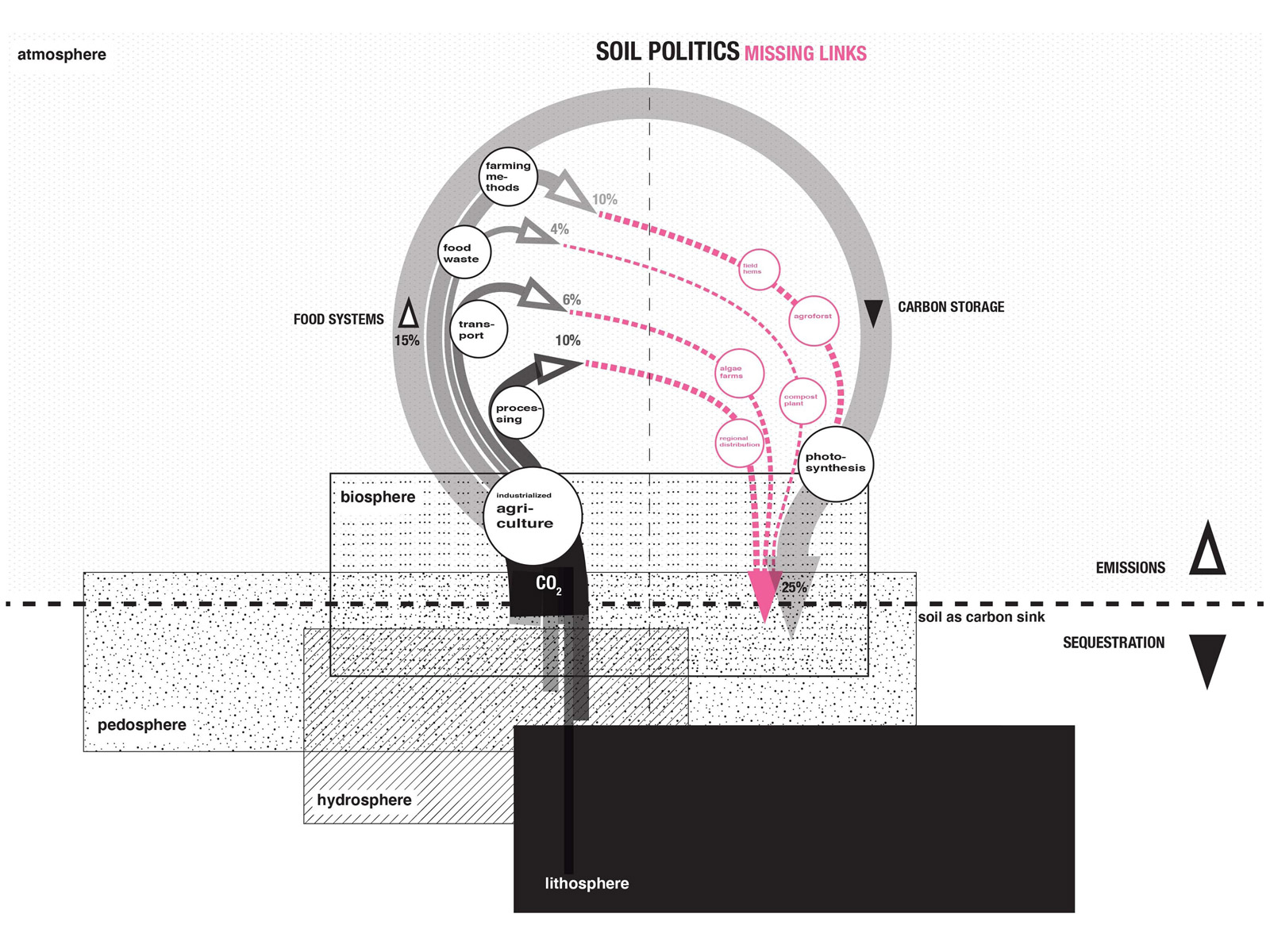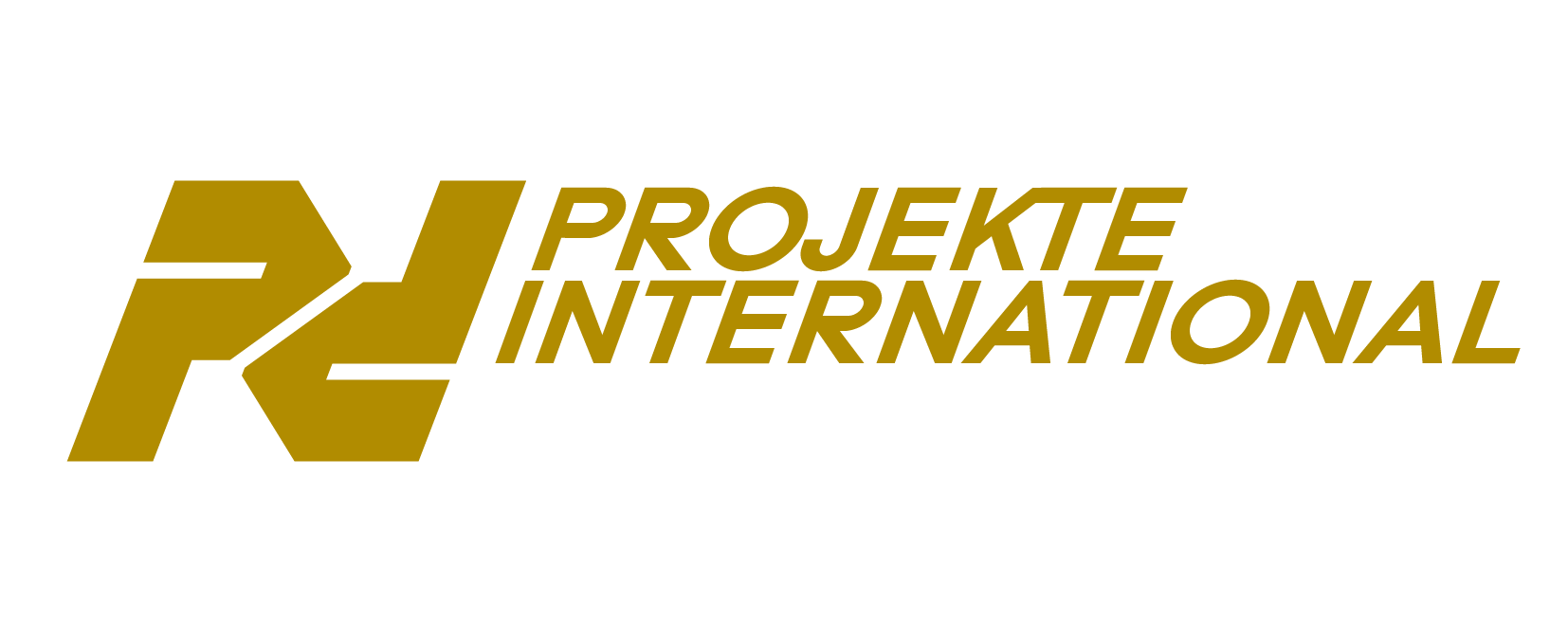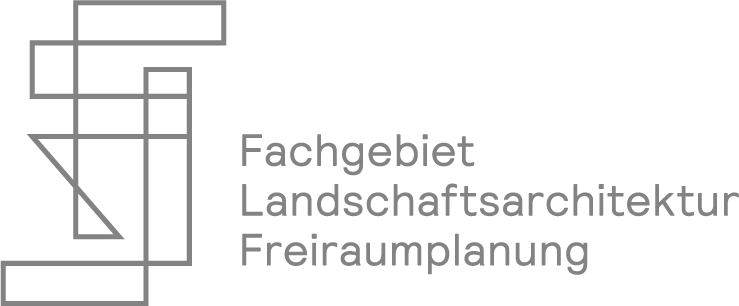MICROARTICLE #Air & Temperature
Soil(ed) Politics
By: Senta Hoppe & Kriti Garg
MICROARTICLE Air & Temperature
Wissensstadt Berlin 2021
Published on June 26, 2021
We have many natural carbon sinks that have dealt with carbon sequestration since the beginning of time. Forests, oceans, and soils absorb the carbon from the air through photosynthesis and stores it in the form of organic matter such as roots and algae. But natural sinks work only in harmony with their surrounding ecosystems and as humans cultivate land and convert forests into industrial agricultural monocultures, we are systematically eliminating these ecosystems and thus also reducing the ability for natural sinks to function properly.
A balanced soil health is crucial for proper carbon sequestration and if the different spheres of the earth’s outermost skin can’t work together between the atmosphere, pedosphere (topsoil), hydrosphere (ground water levels) and lithosphere (deep rock), the soil’s natural health and millions of small organisms within it also degrade- and thus also releasing back the carbon stored within them. In order to protect our natural carbon sinks, we can no longer afford to let politicians and industrialists make decisions about land cultivation alone, but rather make it our own responsibility to have a say of what happens to the soils and lands surrounding our cities. We must create new networks and dialogues with the soil, platforms to raise awareness, infrastructures to access it and policies to protect it.
Abstract from design studio project with CHORA: Global Geo Game WS 20/21 with Prof. Raoul Bunschoten, Moritz Maria Karl and Benjamin Scheerbarth.
BB2040
[EN] Berlin Brandenburg 2040 was initiated by the Habitat Unit in cooperation with Projekte International and provides an open stage and platform for multiple contributions of departments and students of the Technical University Berlin and beyond. The project is funded by the Robert Bosch Foundation.
[DE] Berlin Brandenburg 2040 wurde initiiert von der Habitat Unit in Kooperation mit Projekte International und bietet eine offene Plattform für Beiträge von Fachgebieten und Studierenden der Technischen Universität Berlin und darüberhinaus. Das Projekt wird von der Robert Bosch Stiftung gefördert.









